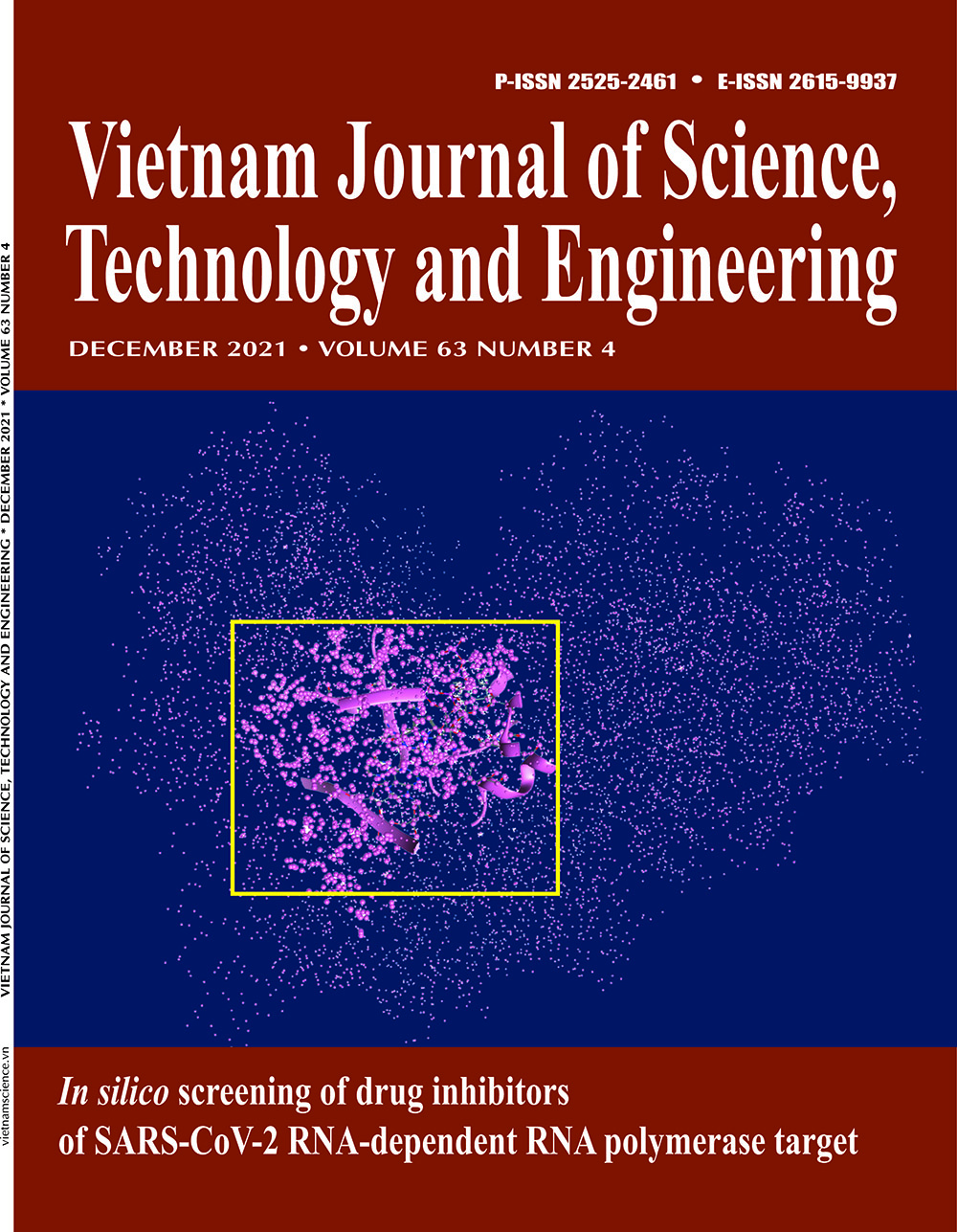Rice straw open burning: emissions, effects and multiple benefits of non-burning alternatives
Tóm tắt
Rice is one of the most important staple foods not just to people in Asia, but around the world. To meet domestic and export demands, farmers in Southeast Asia (SEA) grow 2-3 crop cycles per year, which leaves only a short period for land preparation. Field open burning of rice straw has been widely practiced to quickly clear the surface biomass for the next crop planting. However, this uncontrolled open combustion of rice straw releases large amounts of toxic air pollutants including key conventional pollutants along with carcinogenic compounds like dioxins, polycyclic aromatic hydrocarbons, and benzene, as well as major climate forcing agents. Emissions from rice straw open burning (RSOB) have been shown to significantly elevate ambient levels of PM2.5 and surface ozone in adjacent urban areas. During the dry season, when stagnant meteorological conditions are prevalent, intensive open burning activities further intensify haze episodes. Rice straw, however, is a valuable resource that should be recovered and not disposed of by open burning. Indeed, several non-open burning alternatives are available that would bring in multiple benefits to air quality, climate, health, and economy. For example, the production of rice straw fuel pellets for cooking in clean gasifier cookstoves is one promising option. For the successful elimination of RSOB in SEA, technology development along with formulation and implementation of appropriate policies should be in place to mobilise active participation from all stakeholders.

